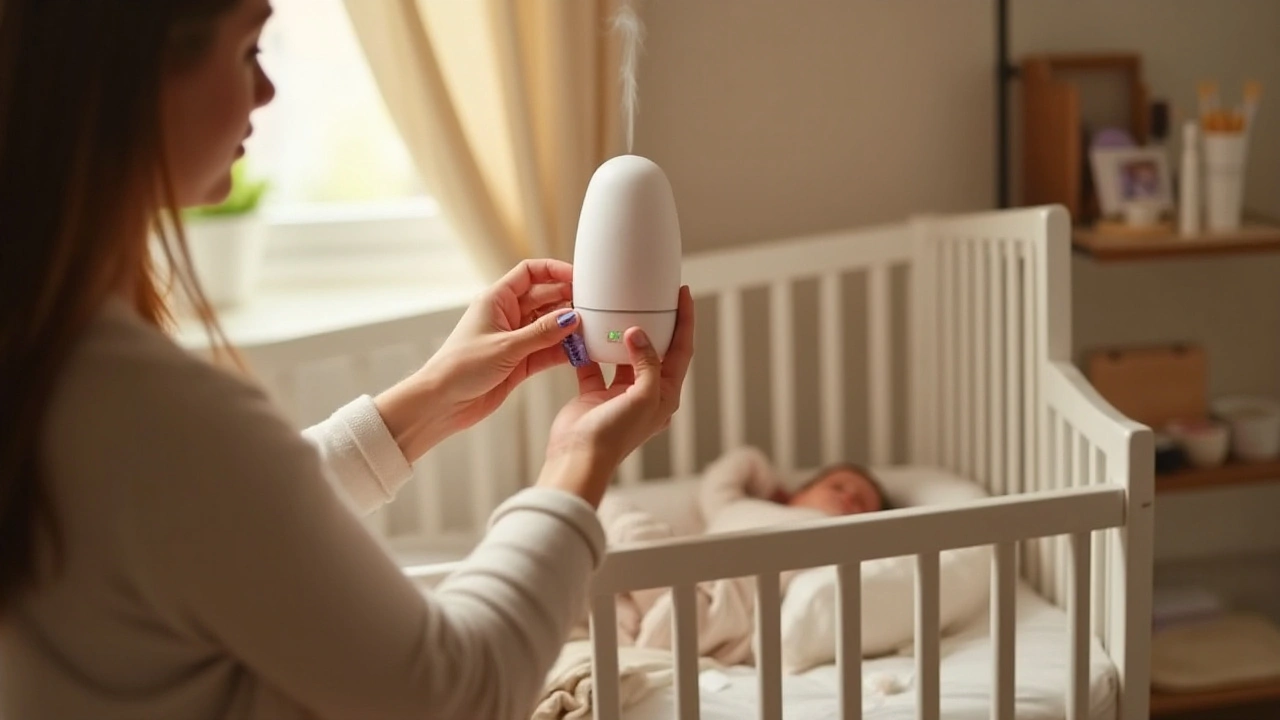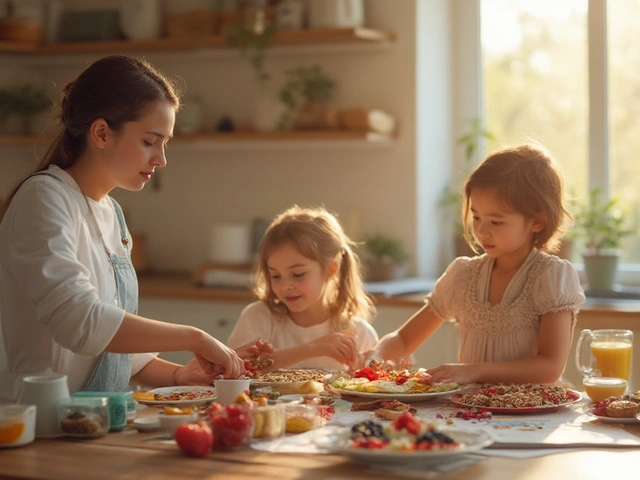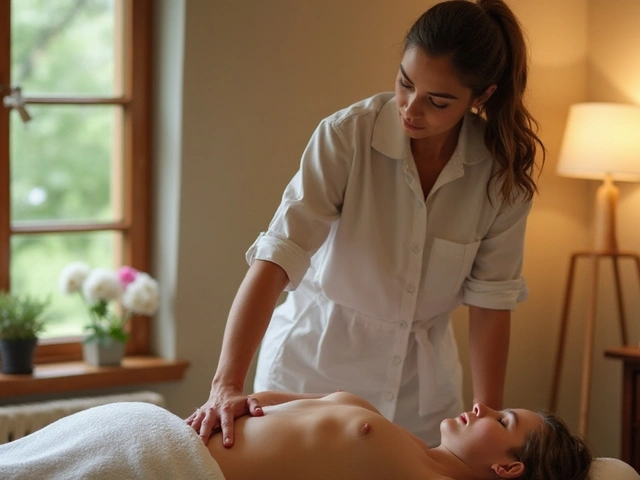Baby care for puppies: practical steps to keep your puppy healthy
Got a newborn pup in your life? The first weeks make the biggest difference. This guide gives fast, useful steps you can actually do: feeding, warmth, vet checks, socializing, and basic safety. No fluff — just the things that change outcomes.
Feeding, warmth and early health checks
Newborn puppies need warmth and food more than anything. Keep their whelping area at about 85–90°F (29–32°C) for the first week, then drop it gradually. Use a safe heat source and watch for overheating — puppies should move away if they’re too warm.
If the mother is feeding, let pups nurse freely for colostrum in the first 24 hours. If you’re bottle-feeding, use a puppy formula and feed every 2–3 hours for the first week, then slowly stretch the time. Wean around 3–4 weeks with moistened puppy food. Always check weight daily: steady weight gain is the single best sign that things are on track.
Schedule a vet visit at 6–8 weeks. That first exam confirms weight, checks for congenital issues, starts vaccines and schedules deworming. Follow your vet’s vaccine plan — typical core shots begin around 6–8 weeks and continue every 3–4 weeks until about 16 weeks.
Handling, socialization and house safety
Handle puppies gently from early on. Short, calm handling sessions build confidence without stressing young pups. The critical socialization window runs roughly 3–14 weeks. During that time, introduce different people, gentle sounds, surfaces, and safe toys. If the pup isn't vaccinated yet, bring controlled experiences to your home rather than busy public places.
Puppy-proof your space: hide electrical cords, remove small choking hazards, lock away toxic foods and plants, and secure trash. Create a cozy crate or nest for naps to help teach a safe den habit. Start basic crate time in short sessions while the pup is calm and reward quiet behavior with praise or a soft treat.
Teach toilet habits by taking pups to the same spot after naps and meals. Praise successes. For nighttime, combine a comfy crate, a warm pad, and a short walk early in the evening; expect some crying at first — check for real needs (hunger, cold, pain) before assuming it’s just attention-seeking.
Keep grooming and health care simple: wipe faces after feeding, clean ears with vet-approved wipes if needed, introduce gentle tooth cleaning and short nail trims when the puppy is relaxed. If you see poor weight gain, breathing trouble, vomiting, or diarrhea, contact your vet immediately.
Small daily actions add up: regular weight checks, timely vet visits, safe handling, and short, positive social experiences set up a puppy for a healthy life. If you’re unsure about any step, your vet or a certified breeder can walk you through it.

Aromatherapy for Infants: Safe Practices and Benefits
Aromatherapy has been praised for its soothing and calming effects, but is it suitable for infants? This article explores the safety and potential benefits of using essential oils for babies. It provides guidance on how to select safe oils, application methods, and precautions to take. Discover insights and practical tips for introducing aromatherapy into your little one's routine.

Stress Reduction: Transform Your Life Today
Dec, 5 2023

The Power of Gua Sha in Overcoming Chronic Pain
Aug, 8 2023


